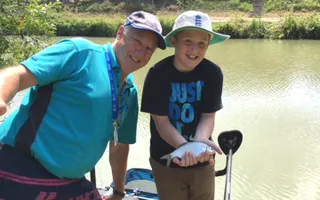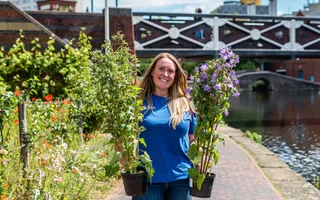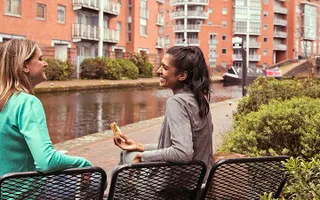Taking the first steps
Increasingly, with the ongoing worrying decline in participation in our historic sport, a lot of people have been talking about getting involved and playing their part in reinvigorating the sport through coaching.
To begin with, you might want to volunteer at a coaching event to get a feel for what it's all about. If you find it suits you, there may be partial coaching bursaries available via the Angling Trust or the Canal & River Trust (email the fisheries and angling team).
If you do get offered a place on a Level 1 course, my advice is to grab the opportunity with both hands. Should you later decide to change your mind, don't just fail to turn up, for that would be denying another enthusiast the opportunity they have been looking for.
Level 1 success
Not everyone achieves the Level 1 qualification, but best I can tell the majority manage it comfortably enough. From the time you are informed you have passed, it may take a few weeks for your certificate to be sent to you by Angling Trust. You may also be waiting for the results of your DBS check, which you need in order to register with Angling Trust.
Gaining experience
I took the bull by the horns and contacted the Angling Trust to see if there were any events coming up in my area that I could help out at.
They informed me there was a local event on in a few weeks. As this was to be my first event as a coach I was a bit apprehensive. Time flew by and the date arrived, as did the snow, as I headed off to the park lake to meet the organiser. We had over 60 people bookeL in for the event. Due to the weather we had lots of 'no shows' but that gave coaches more time with each pupil, which is never a bad thing.
There were four Level 2 coaches there that day. I was able to watch them as they coached. We had plenty of time to chat and I gained a lot of knowledge on how things are done.
Toward Level 2
Over the next few months I coached at all the events in my area. I learnt an awful lot as to how best to coach people, something I had not done much of in my life up until that point.
During this period I was accepted on to a Level 2 course, which I am pleased to say I passed. Not every coach needs to go as far as Level 2 but without that qualification you can't lead the organisation of an event.
Let's Fish! encounter
I was lucky, as just after I passed Level 2 I had a call from John Ellis at the Canal & River Trust asking for a meeting. We were coming into summer and the Trust wanted to arrange a series of canal taster sessions around Foxton.
After a quick interview and a check of my CV, I was duly selected to lead the events, nine in total. Also, over this time I ran five junior club events in August for the club on our own water. I must thank John as I learned such a lot in a short time about the subtle art of canal fishing. What follows are a few of the tips from my first year's experience of canal coaching, which others will hopefully find useful.









